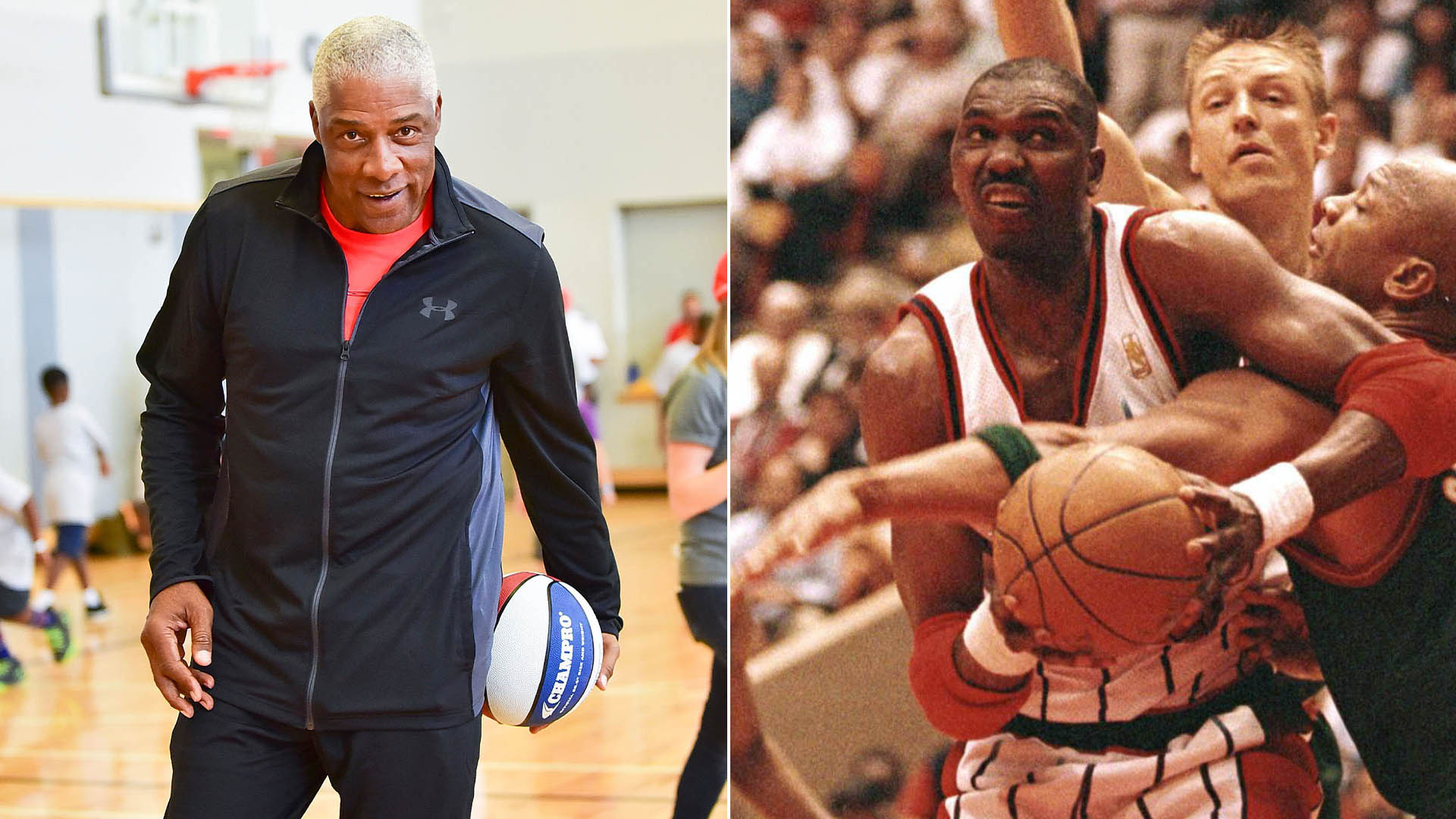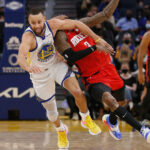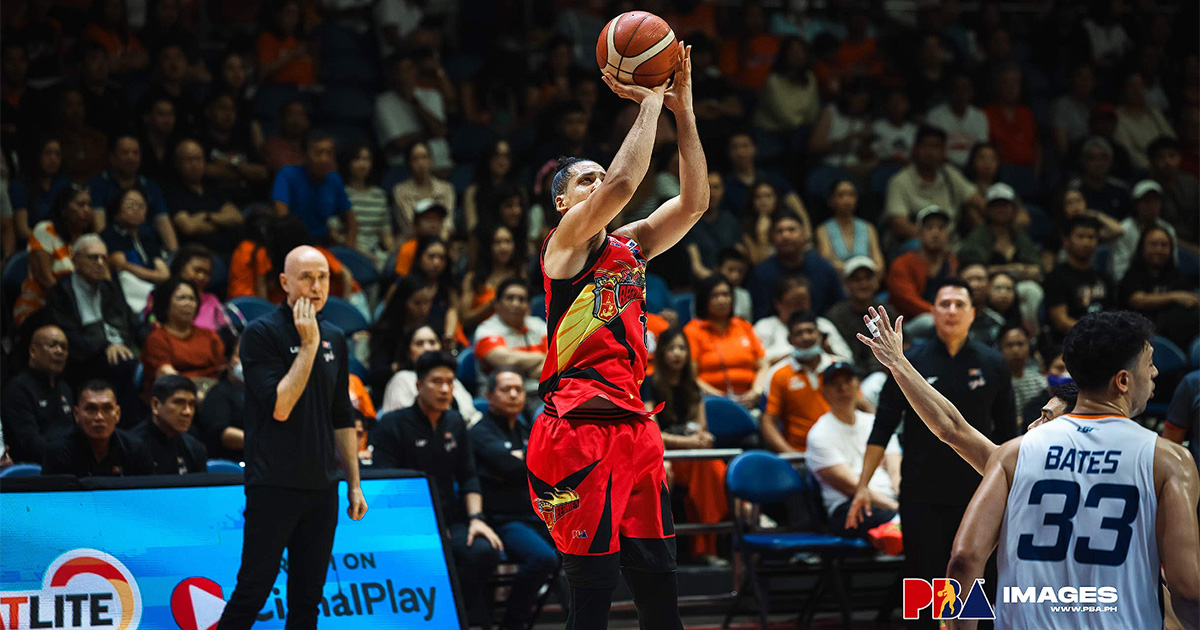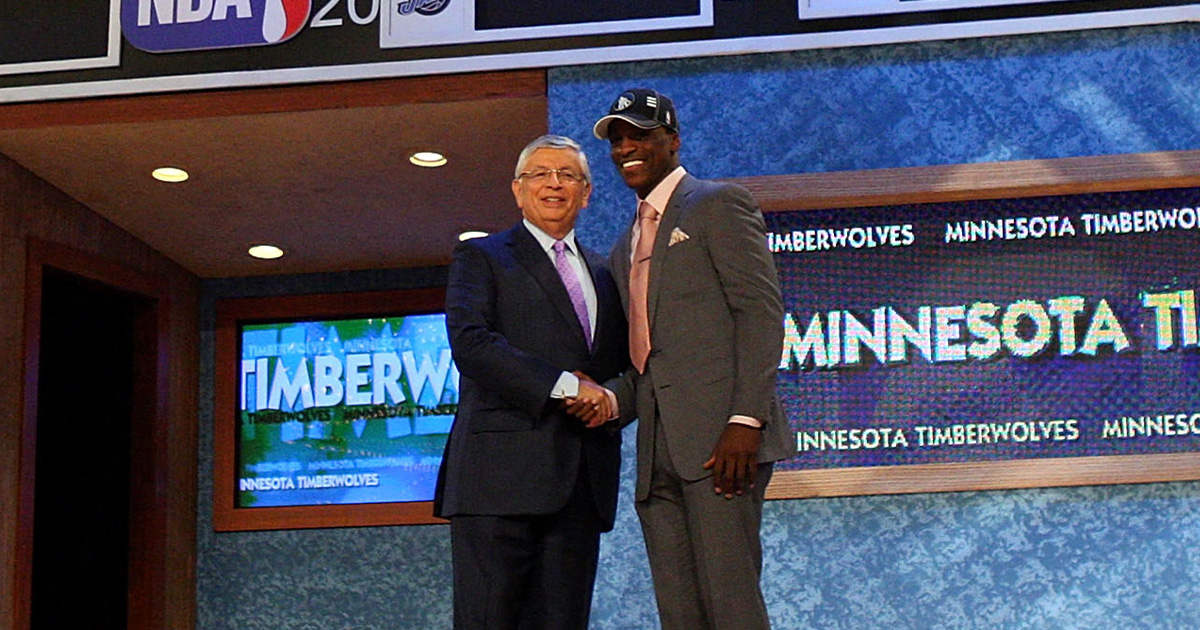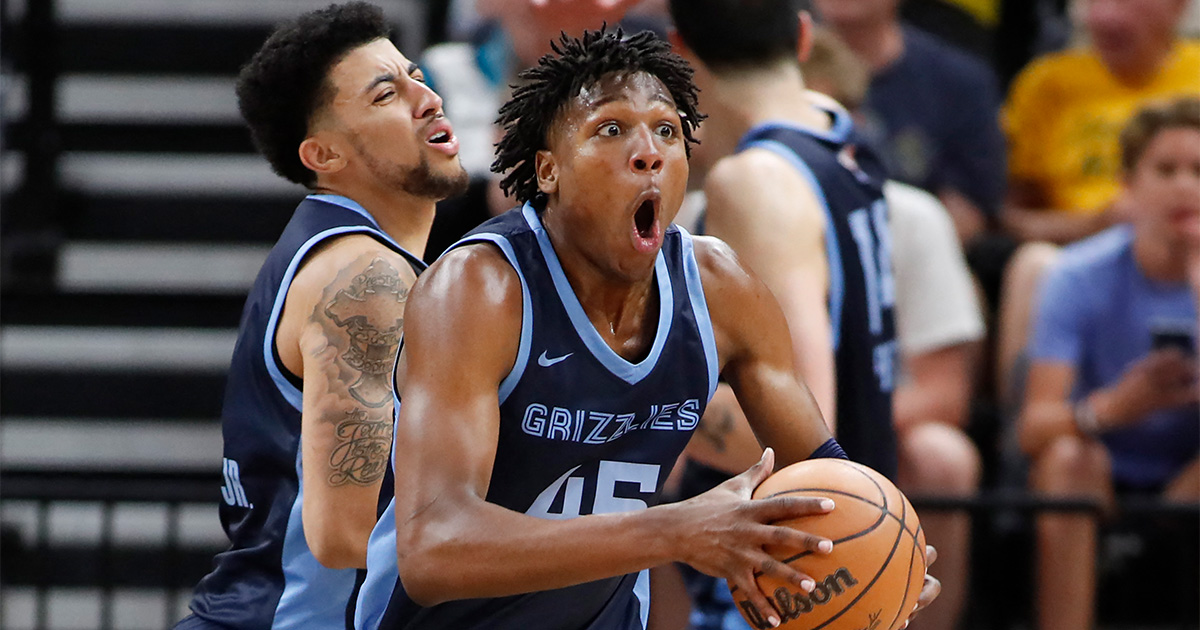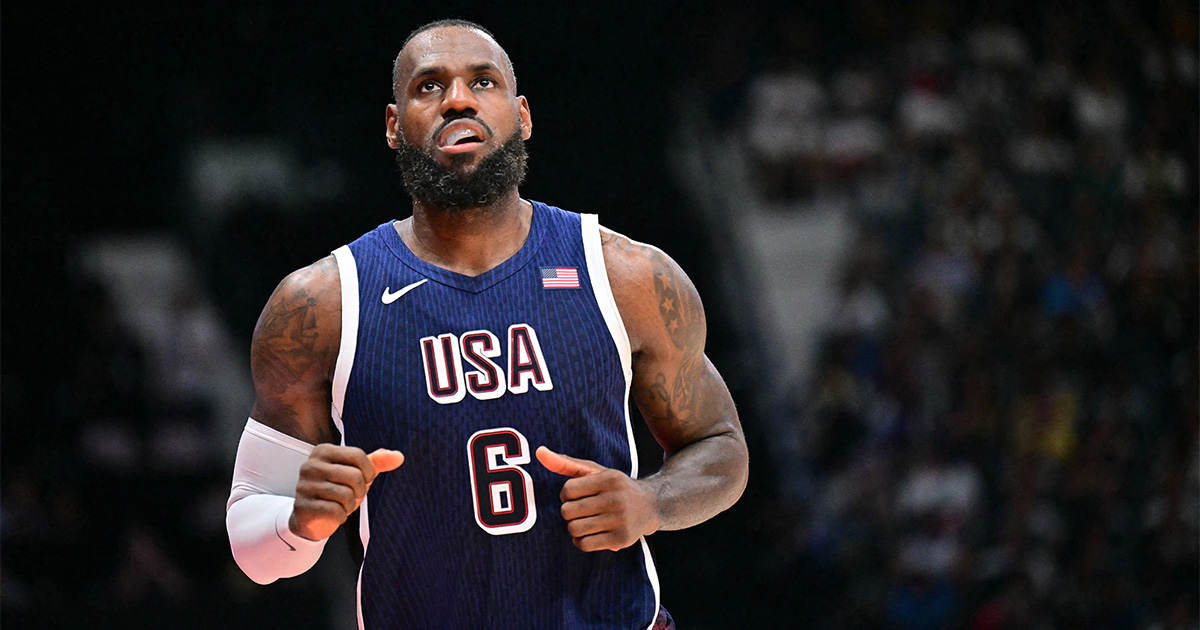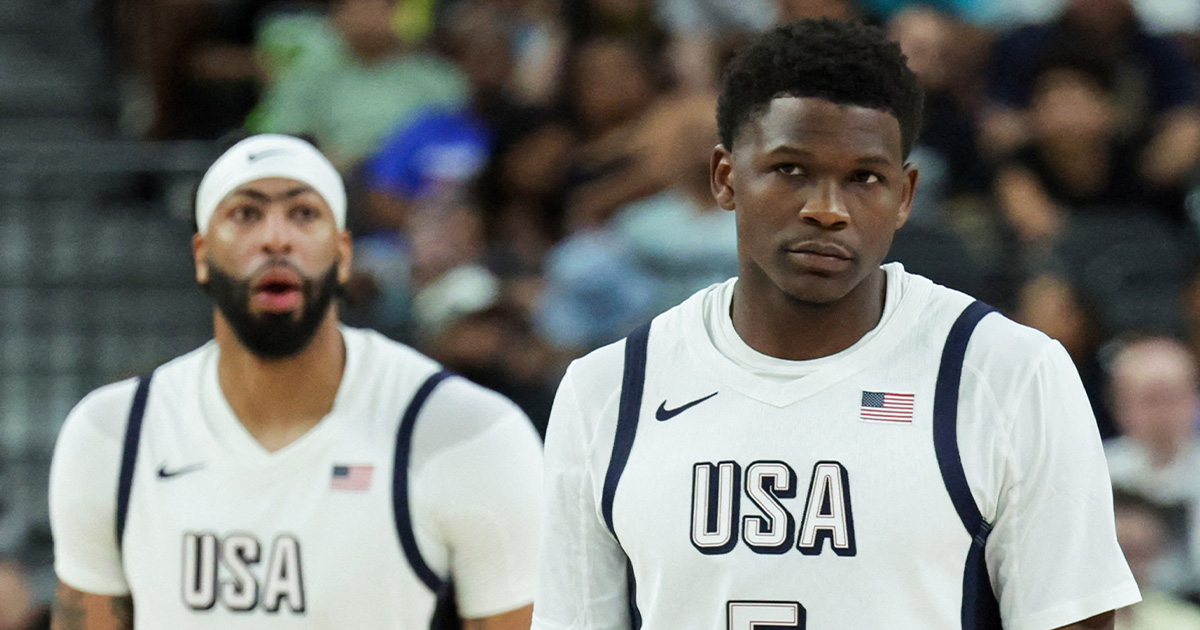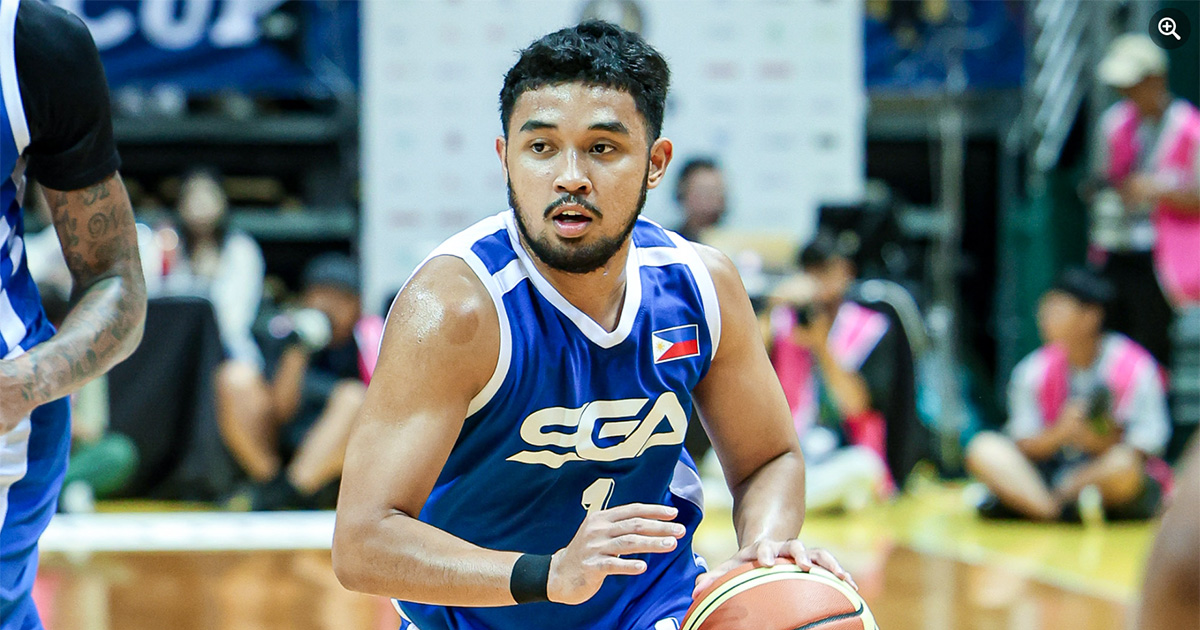To celebrate the Chinese New Year, I thought it’d be fun to assemble a starting five composed entirely of players born during the Year of the Tiger. Without further ado…
PG – Oscar Robertson (1938, Earth Tiger)
Stats: 25.7 PPG, 7.5 RPG, 9.5 APG in 14 seasons with Cincinnati Royals (1960-61 to 1969-70) and Milwaukee Bucks (1970-71 to 1973-74).
Accomplishments: 12-time All-Star, 11-time All-NBA, 1963-64 MVP, 1960-61 Rookie of the Year, three-time All-Star MVP, six-time assists champ, 1971 NBA champion, NBA 50, NBA 75.
We all know ‘The Big O’ as the first player to average a triple-double for an entire season, but he broke the mold for an NBA point guard in more ways than one. He was 6’5” and can get a bucket from anywhere on the court. His 29.7 PPG average in the 1960s is second only to Wilt Chamberlain’s 34.4, and ahead of Elgin Baylor (28.1). But unlike other scoring point guards we’ve come to see over the years, Robertson remained a true point guard through and through. He led the league in assists during the decade, averaging 10.5 APG and is the only player in NBA history to rank in the top 2 of both scoring and assists in a decade.
Honorable mentions: John Stockton (1962, Water Tiger); Steve Nash (1974, Wood Tiger)
SG – Jerry West (1938, Earth Tiger)
Stats: 27.0 PPG, 5.8 RPG, 6.7 APG in 14 seasons with Los Angeles Lakers (1960-61 to 1973-74).
Accomplishments: 14-time All-Star, 12-time All-NBA, five-time All-Defensive team, 1969 Finals MVP, 1972 All-Star MVP, 1969-70 scoring champ, 1971-72 assists champ, 1972 NBA champion, NBA 50, NBA 75.
Apart from being ‘The Logo’, West is perhaps best known for being the only player on a losing team to be named the Finals MVP, after averaging 37.9 points, 7.4 assists, and 4.7 rebounds while shooting 49% against Bill Russell’s Celtics in 1969. Although he was 1-8 in the Finals, it wasn’t for lack of trying. He holds a career 30-5-5 average in the Finals and only trails Michael Jordan in Finals scoring average (minimum three Finals appearances).
‘Mr. Clutch’ was also an underrated defender—he made five All-Defensive teams during his career despite the recognition not being bestowed until West’s 9th season—and was one of the game’s first great two-way players.
Honorable mentions: Clyde Drexler (1962, Water Tiger); Bill Sharman (1926, Fire Tiger); Paul Westphal (1950, Metal Tiger)
SF – Julius Erving (1950, Metal Tiger)
Stats: 24.2 PPG, 8.5 RPG, 4.2 APG in 16 ABA and NBA seasons with Virginia Squires (1971-72 to 1972-73), New York Nets (1973-74 to 1975-76) and Philadelphia 76ers (1976-77 to 1986-87)
Accomplishments: 16-time All-Star (5x ABA, 11x NBA), seven-time All-NBA, five-time All-ABA, 1980-81 MVP, three-time ABA MVP, two-time ABA Playoffs MVP, two-time NBA All-Star MVP, 1983 NBA champion, two-time ABA champion, ABA All-Time Team, NBA 50, NBA 75.
Dr. J was Michael Jordan before Michael Jordan. He was a lethal scorer who played above the rim and whose aerial acrobatics captured the imagination of countless fans. As a kid, I remember watching clips of his reverse scoop layup and trying to emulate it at our backyard hoop. (I wouldn’t recommend it, because I distinctly remember my neck snapping one time.)
But he’s not all style and no substance. He is the only player to have won both ABA and NBA MVPs and one of the handful of players who won titles in both leagues. Erving led the 76ers to the NBA Finals four times in seven years, including their 1983 win, and averaged 25.5 points, 7.5 rebounds, and 4.5 assists in those four trips.
PF – George McGinnis (1950, Metal Tiger)
Stats: 20.2 PPG, 11 RPG, 3.7 APG in 11 ABA and NBA seasons with Indiana Pacers (1971-72 to 1974-75; 1979-80 to 1981-82), Philadelphia 76ers (1975-76 to 1977-78) and Denver Nuggets (1978-79 to 1979-80).
Accomplishments: Six-time All-Star (3x ABA, 3x NBA), three-time All-ABA, two-time All-NBA, 1974-75 ABA MVP, 1972-73 ABA Playoffs MVP, two-time ABA champion, ABA All-Time Team.
The power forward was the most difficult pick in this list because there weren’t any big names to choose from. I could’ve slotted Clyde Drexler in as small forward or classified Ben Wallace as a power forward, or even gone with three frontcourt players like the current All-Star format and thrown Patrick Ewing there, but that felt like cheating. Clyde was a shooting guard his entire career, Ben was the center for the successful Pistons teams in the 2000s, and having Ewing start with another center makes no sense.
So it went down to McGinnis, Gus Johnson Jr., and Rasheed Wallace, and McGinnis was easily the most accomplished. And in terms of pure physique, ‘Big Mac’ might be the one guy in NBA history whose size and build are comparable to LeBron James.
He led the Pacers to two ABA titles, earning Playoffs MVP honors in 1973. He was the ABA co-MVP (with Erving) in the 1974-75 season, when he averaged a league-best 29.8 points, 14.3 rebounds, 6.3 assists and 2.6 steals. McGinnis led the Pacers to another run to the ABA Finals that year, nearly averaging a triple-double—32.3 points, 15.9 rebounds, and 8.2 assists—in the playoffs.
He jumped to the NBA shortly after and made an immediate impact for the Sixers. He made the All-NBA First Team in his debut season and finished fifth in the MVP voting. He teamed up with Dr. J in 1977 and helped lead the Sixers to the NBA Finals in 1977, where they came within two wins from the title.
Honorable mentions: Gus Johnson Jr. (1962, Earth Tiger), Rasheed Wallace (1974, Wood Tiger)
C – Hakeem Olajuwon (1963, Water Tiger)
Stats: 21.8 PPG, 11.1 RPG, 3.1 BPG in 18 seasons with Houston Rockets (1984-85 to 2000-01) and Toronto Raptors (2001-02); NBA’s career leader in total blocks.
Accomplishments: 12-time All-Star, 12-time All-NBA, nine-time All-Defensive team, 1993-94 MVP, two-time Defensive Player of the Year, two-time Finals MVP, two-time rebounding champ, three-time blocks champ, two-time NBA champion, NBA 50, NBA 75.
Sorry, Ewing. But Hakeem was born on January 21, 1963, a couple of days before the lunar new year, which means he still counts as a Water Tiger.
Olajuwon is not only one of the best big men who has ever played the game, he is one of the 15 greatest players of all time. Along with Jordan and Giannis Antetokounmpo, he is one of just three players who have won the MVP, Finals MVP, and DPOY.
He famously eviscerated David Robinson in the 1995 Western Conference Finals—just as Robinson received the 1995 MVP award in Game 1 of the series. The Dream averaged 35-12 compared to The Admiral’s 24-11. And it wasn’t just Robinson. He punctuated his status as the best center of the 90s with dominant performances against Ewing (19-12 vs Olajuwon’s 27-9) and Shaquille O’Neal (28-12 vs Olajuwon’s 33-11) in the 1994 and 1995 Finals, respectively.
Honorable mention: Patrick Ewing (1962, Water Tiger), Ben Wallace (1974, Wood Tiger)

